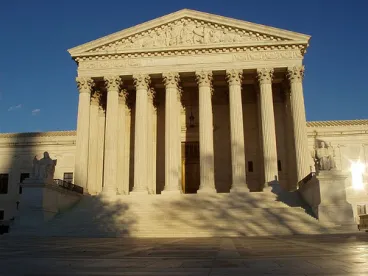As we recently reported, in Universal Health Systems, Inc. v. United States ex rel. Escobar, the Supreme Court validated the theory of implied certification in FCA cases but rejected the Government’s arguments regarding how a misstatement or omission is material. And as we expected, the impact of Escobar is already playing out in district courts.
Last week, the Government filed a supplemental brief in its case against Toyobo. There, the Government accuses Toyobo of violating the FCA by misrepresenting information about bulletproof vests that contain Zylon, a plastic fiber manufactured by Toyobo. Although the Government did not directly contract with Toyobo, the Government alleges that Toyobo knew of degradation issues with Zylon and concealed this information from vest manufacturers, who in turn sold the vests to the Government.
In a well-crafted yet bold argument, the Government argues that the holding in Escobar “unequivocally supports” that Toyobo is liable for withholding information regarding Zylon even if the Government never asked for such data. The Government pounced on the Supreme Court’s examples of material misrepresentations that create misleading half-truths, comparing the facts with an analogy involving guns: “As with the common sense notion that guns must actually shoot, any reasonable person would have realized the imperative of a functioning Zylon-containing ballistic vest was to stop bullets and that Toyobo’s internal Zylon degradation data was material information that Toyobo withheld.”
The following day, Toyobo countered with a narrow reading of Escobar, arguing that Escobar involved the implied certification theory and not the theory at issue in this case: the fraudulent inducement theory. The overlap and shared histories of the two theories makes for muddy water. In fact, courts have previously used the phrases interchangeably. Generally, fraud-in-the-inducement theory has applied where misrepresentations occur during the process of securing a government contract. Implied certification extends the theory from representations regarding initial eligibility to an implied promise of continued compliance with relevant program requirements.
In support of its narrow reading, Toyobo recognized the Government’s profound characterization of Escobar (“unequivocally support”) and further highlighted the privity distinction: Toyobo did not contract with the Government. It simply supplied the manufacturer.
The Government contends that Escobar is “a significant change in the law.” This is misguided – and Toyobo rightly emphasizes this wayward interpretation. Regardless, this is the first of many fights regarding the scope of implied certification. Stay tuned.



 />i
/>i

